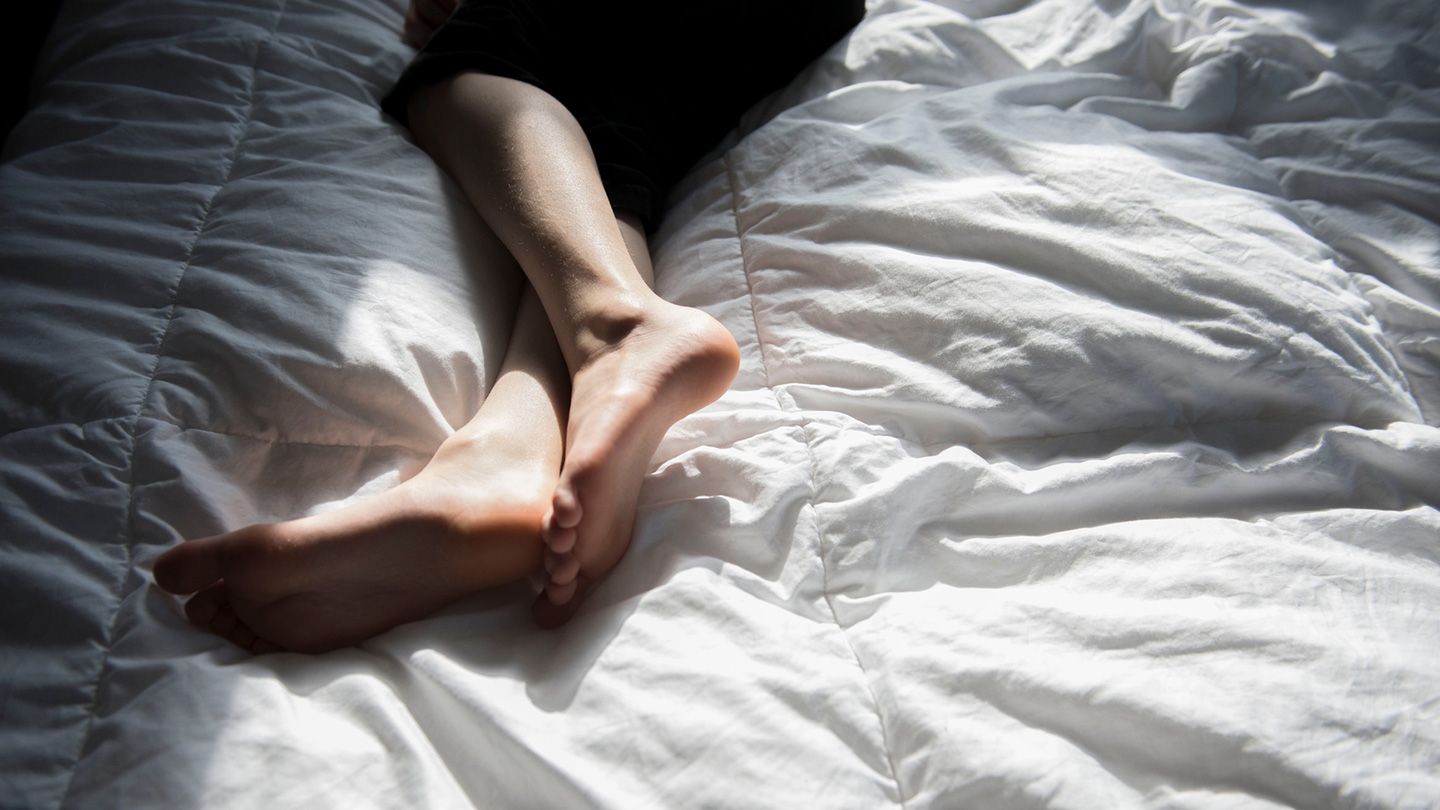The relationship between bipolar disorder and sleep is a complex one.
Bipolar patients tend to suffer from a whole wealth of sleep disorders that cause sleep disturbances and sleep deprivation.
By understanding the two-way relationship between bipolar and sleep issues, you can more easily find ways to get a good night’s sleep.
Read on to learn why bipolar sufferers struggle to sleep and what you can do about it.
(Note. While we earn commission from the links in this article, we only recommend the products we truly believe will improve your sleep the most. These commissions come at no extra expense to you and help us to keep providing you with expert sleep information for free.)
Why Is Sleep So Important for Bipolar Sufferers?
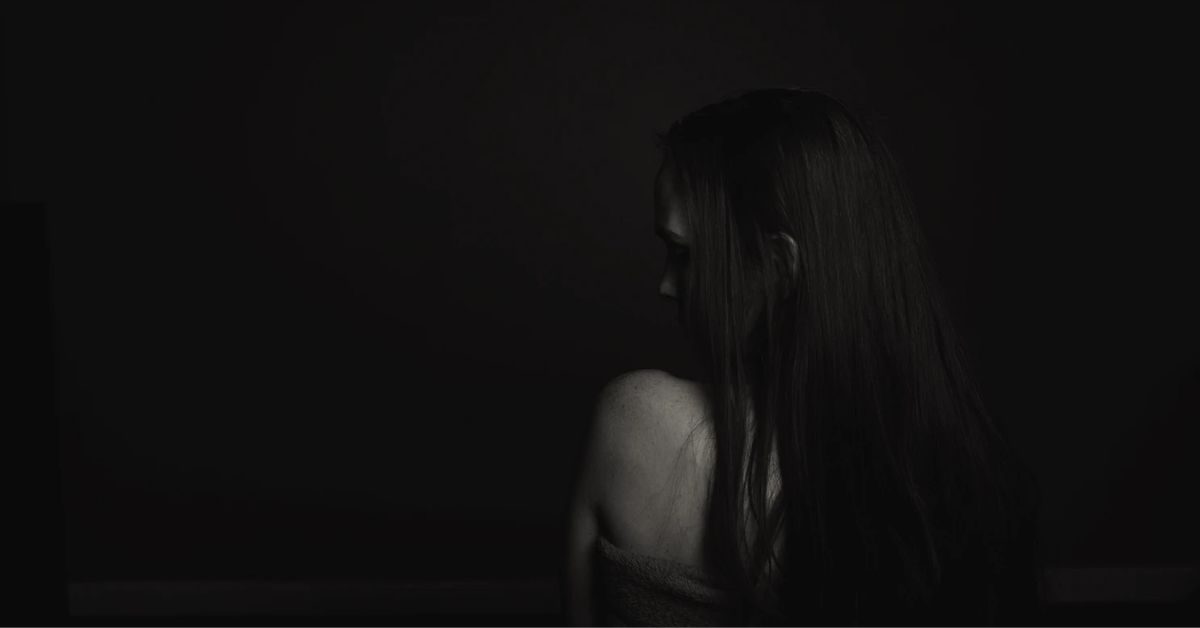
According to a recent study observing the relationship between sleep and people with bipolar disorder, a lack of sleep can trigger depressive episodes.
For people with this condition, there’s a correlation between poor sleep and manic episodes. Sleep deprivation, which usually leads to sleep disruptions, is not only an early sign of impending mood episodes but could also trigger a relapse of mania.
As Dr. Jamie Lilie explains,
“There is a strong relationship between our sleep patterns and the regulation of mood. For those living with bipolar disorder, sleep disruptions can have adverse effects and could trigger depression or mania.”
Fortunately, there are many methods out there to sleep better at night.
What’s the Connection Between Bipolar Disorder and Sleep?
People who suffer from bipolar symptoms, or any other mental illness, usually find themselves not sleeping well. Poor sleep quality is often the result of disturbed sleep.
1. Sleep loss triggers mania

Sleep loss can trigger mania in individuals with bipolar disorders.
Studies show that people with bipolar illness who experience sleep loss have manic episodes more frequently.
A bipolar manic episode caused by sleep loss can result in several manic symptoms, such as increased energy, decreased need to sleep, and distractibility. This, in return, could cause a cycle of repeated episodes of mania.
2. A lack of sleep triggers mania in women more than in men

Women with bipolar may find themselves experiencing more frequent episodes of mania if they’re not getting enough sleep.
When comparing how many hours people with bipolar illness sleep per night, a study found that female participants with bipolar illness who’ve suffered from sleep loss are more prone than men to manic symptoms.
If you’re female and you find you’re experiencing disturbed sleep throughout the night, you’ll need to look for tactics that tackle these sleep issues, such as a better nighttime routine, improved sleep hygiene, and noise-blocking sleep aids.
3. An increase in insomnia indicates bipolar depression
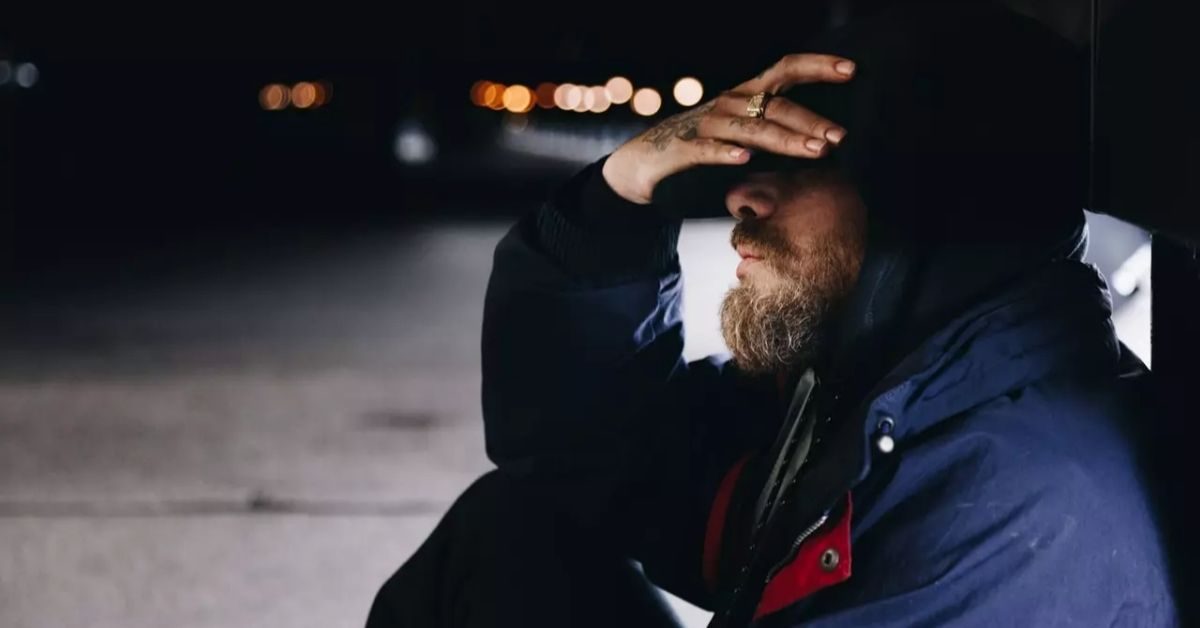
Insomnia symptoms can indicate that depressive episodes are on the way.
Studies show that people with bipolar who are experiencing insomnia are likely to experience a bout of bipolar depression shortly after.
Therefore, testing for insomnia symptoms and providing treatment of insomnia to depressed patients can reduce the chances of an episode of depression from occurring.
Since bipolar depression can become more severe when insomnia symptoms are present, you must get treated for insomnia at an early stage. This measure could reduce the frequency of episodes of depression and depressive symptoms even if you suffer from major depression.
4. Light exposure makes sleep quality worse in bipolar patients
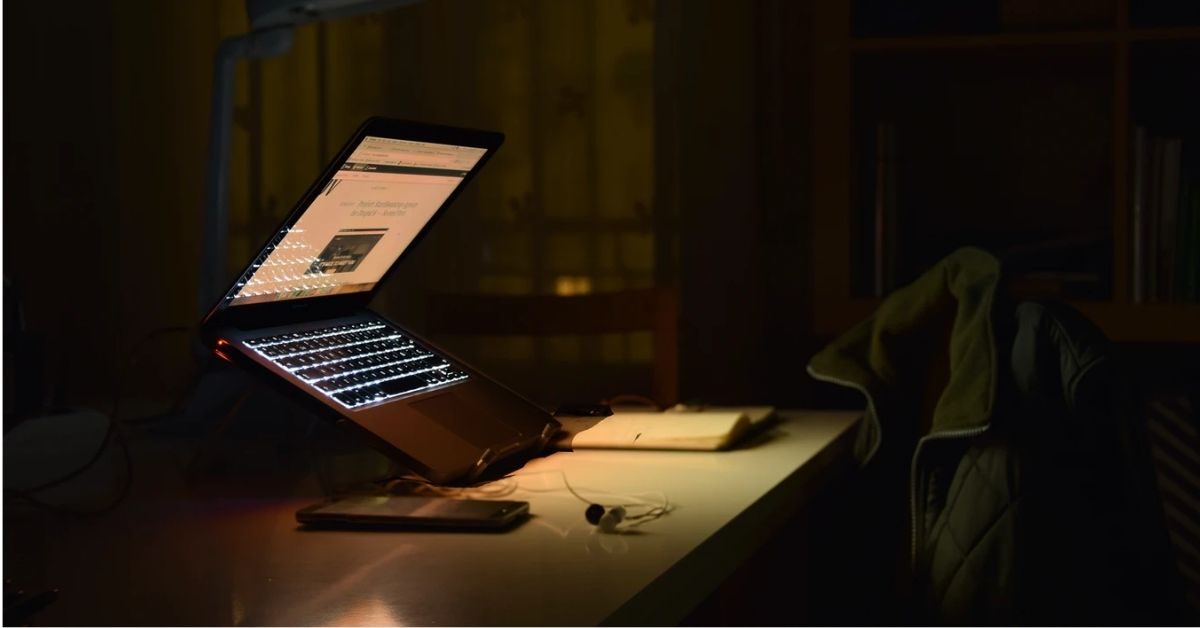
Mood disorders such as bipolar disorder can be affected by their sleep cycles. Light exposure at night can interfere with the natural changes our body makes according to the 24-hour cycle, known as the circadian rhythms.
A recent study found that patients with bipolar disorder who are exposed to light while asleep showed poorer sleep efficiency, making them more prone to mood episodes.
To reduce affective episodes and mood swings, reduce your light exposure before bedtime and throughout the night.
5. Many bipolar patients suffer from daytime sleepiness
Studies show that poor sleep in bipolar patients often leads to daytime sleepiness. In fact, a third of people with bipolar disorder experience hypersomnia or daytime sleepiness.
Poor sleep quality and bad sleep efficiency from disturbed sleep, low-quality REM sleep, and poor sleep habits lead to excessive sleepiness in the daytime. Unfortunately, bipolar patients tend to suffer from all of these issues.
Sleepiness not only leads to lethargy and poor health, but daytime sleepiness can have a direct impact on your day-to-day life, reducing productivity and cognitive performance.
6. Late-night light exposure increases sleep latency
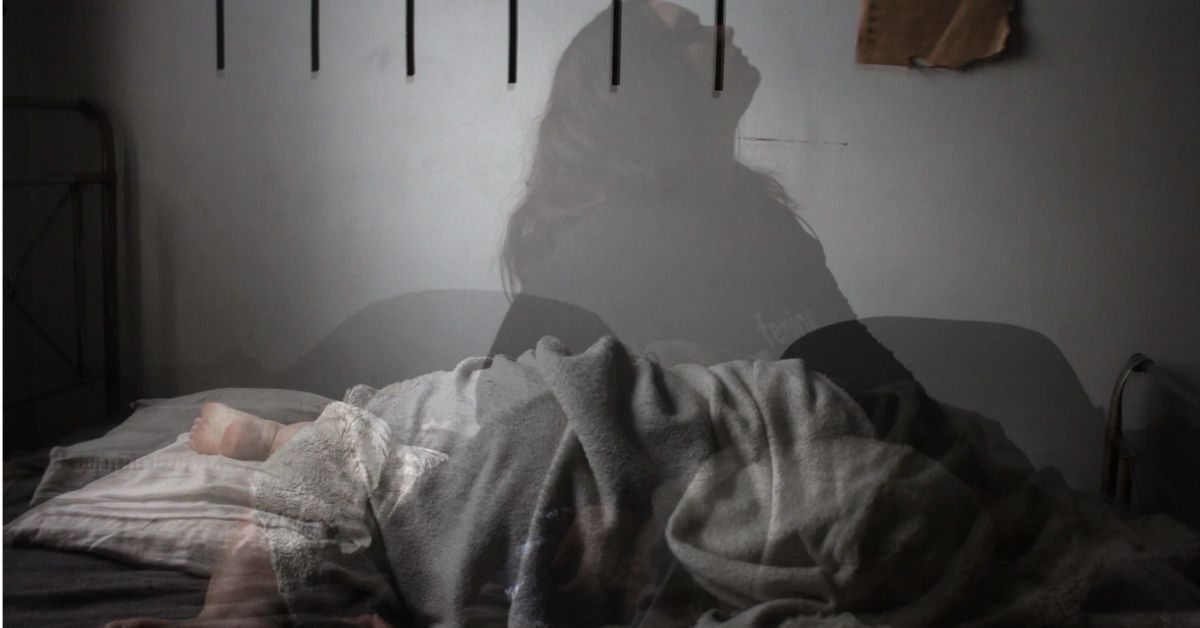
Prolonged sleep onset latency, or difficulty falling asleep, is a common symptom of individuals with bipolar disorders. This is made worse by late-night light exposure.
When bipolar patients are exposed to light before bed, especially blue light, sleep latency is worse, leading to a longer time awake before falling asleep.
This is because blue light, like the lights given off by electronic devices, suppresses the production of the sleep hormone, melatonin. This interrupts your circadian rhythms as your brain doesn’t send you body signals that it’s time to sleep. Instead of feeling tired, you lay awake.
The result of this is daytime sleepiness the next day. Because you’re not drifting off until much later, you’re not getting enough sleep, making you tired the following day.
7. Circadian rhythm disruption is common in people with bipolar
Circadian rhythms work as a central clock system in the body that regulates physiological and behavioral processes.
However, people with bipolar disorder often experience circadian disturbances, resulting in both depressive (e.g., insomnia, low energy) and manic (e.g., decreased need for sleep) phases.
The best way to combat this is through consistency. Train your body to recognize that it’s bedtime and wake-up time each day with consistent sleep schedules.
7 Tips to Improve Sleep Quality for People with Bipolar Disorders
The association between sleep and bipolar disorder is often a discouraging one, but it doesn’t have to be that way.
With a few changes in sleep habits, anyone can increase their sleep time for a better night’s sleep.
1. Limit blue light exposure at night
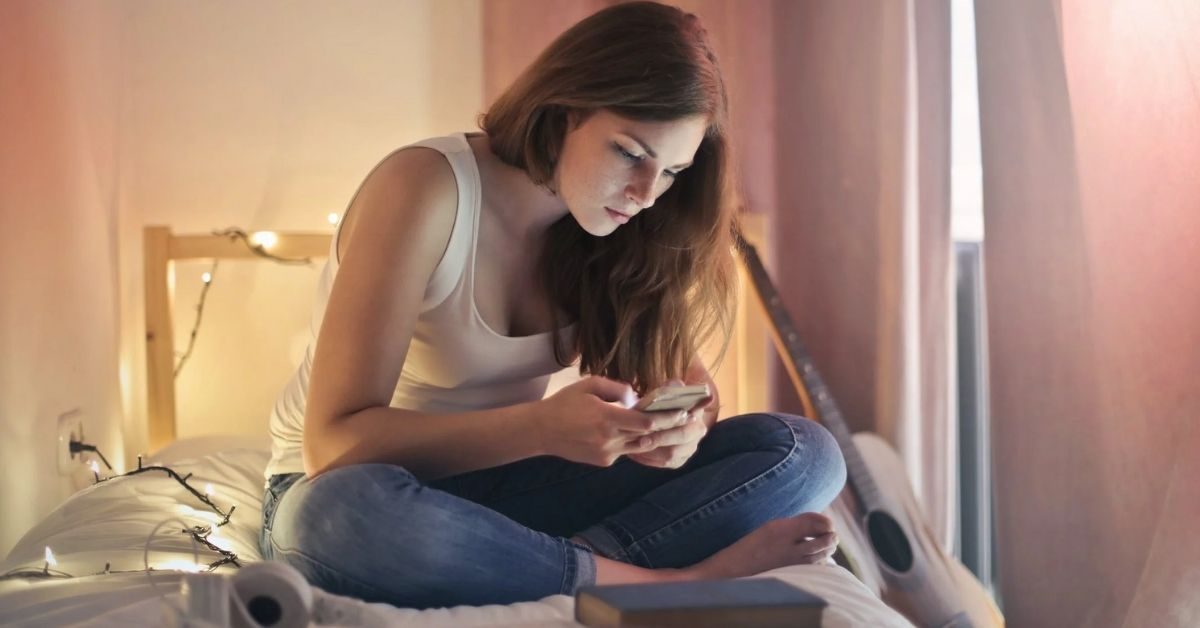
One of the main bipolar disorder risk factors is sleep disturbances. Unfortunately, late-night blue light exposure contributes to poor sleep quality and lower sleep efficiency by suppressing melatonin production.
Limiting your exposure to blue light at night can increase your sleep time. If you really need to use your phone or other electronic devices late at night, try wearing blue light glasses.
Alternatively, read these tips on how to block blue light.
2. Keep a regular bedtime as a form of social rhythm therapy
Patients with bipolar disorders often experience variability in sleep time.
Behavioral therapy, specifically, social rhythm therapy has been proven to be very effective for people with bipolar disorder.
This practice involves stabilizing the circadian rhythm by completing the same actions at the same time each day. This means sticking to a consistent bedtime and wake-up time, even at the weekends.
3. Morning routines help sleep inertia and insomnia
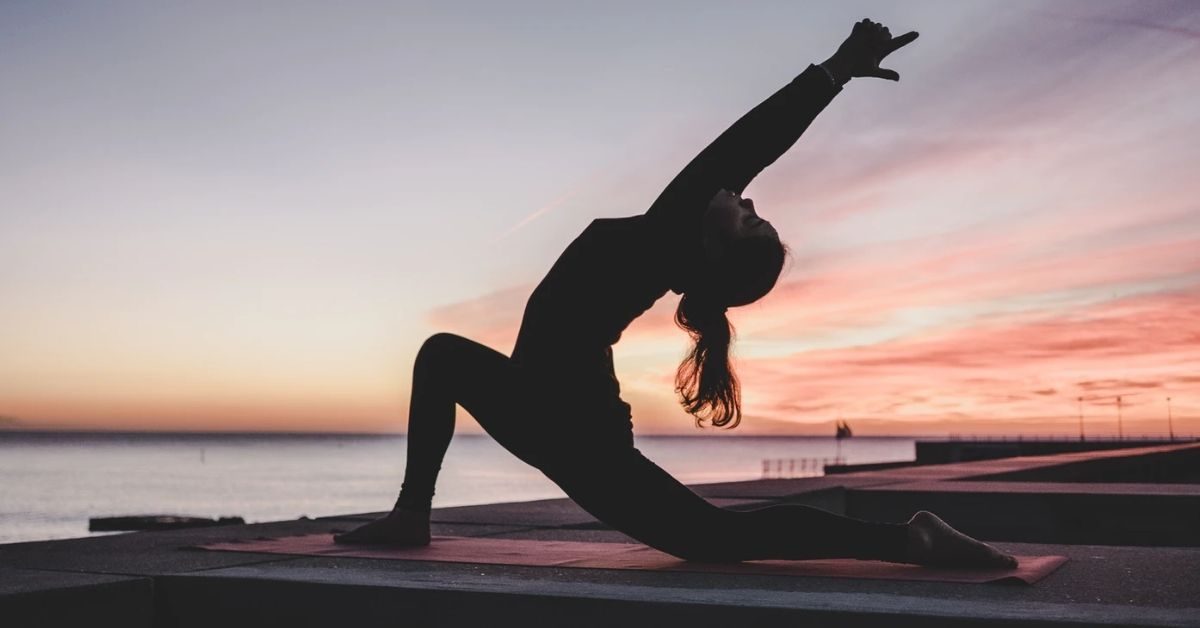
Sleepiness is one of the direct effects of sleep deprivation and poor sleep efficiency.
A study on behavioral treatment as therapy for insomnia found that a morning routine full of activity helps tiredness in the morning and can prove useful as part of treatment for insomnia.
Here are a few morning routine ideas to increase sleep efficiency and reduce sleepiness.
4. Wind down with a bedtime routine
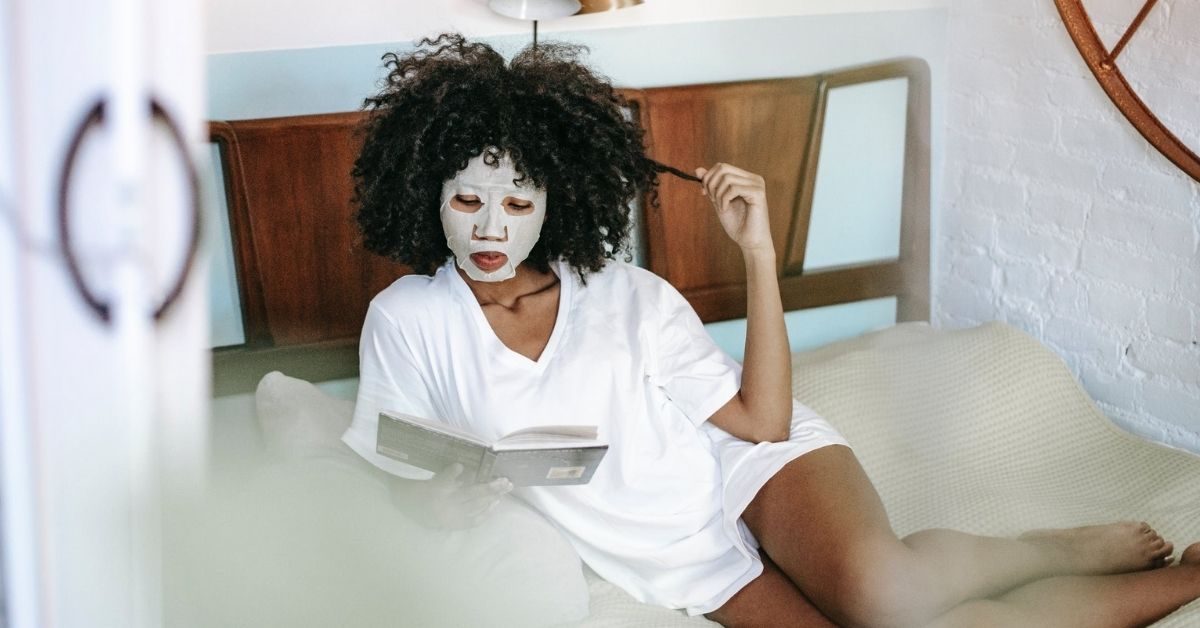
Not going to bed at a regular time is one of the biggest factors that affects sleep in people with this affective disorder.
Insomnia symptoms that disturb the central clock in your body can potentially lead to acute mania. Keeping a consistent routine can help to combat this variability.
Create a consistent, relaxing bedtime routine that helps you wind down each night. Try a warm bath, soothing music, or reading a book. Also, limit time in bed that isn’t related to sleep or sex.
You can also use aromatherapy tools and other sleep aids like lavender essential oils in a smart aromatherapy diffuser.
5. Make good diet choices

People who have mood disorders or experience depressive symptoms should address poor lifestyle choices, such as a bad diet.
Poor diet in bipolar patients can lead to more frequent and worse depressive episodes.
Make sure you stick to unprocessed foods, cut out high caffeine products, and try not to eat too close to bedtime.
6. Exercise regularly
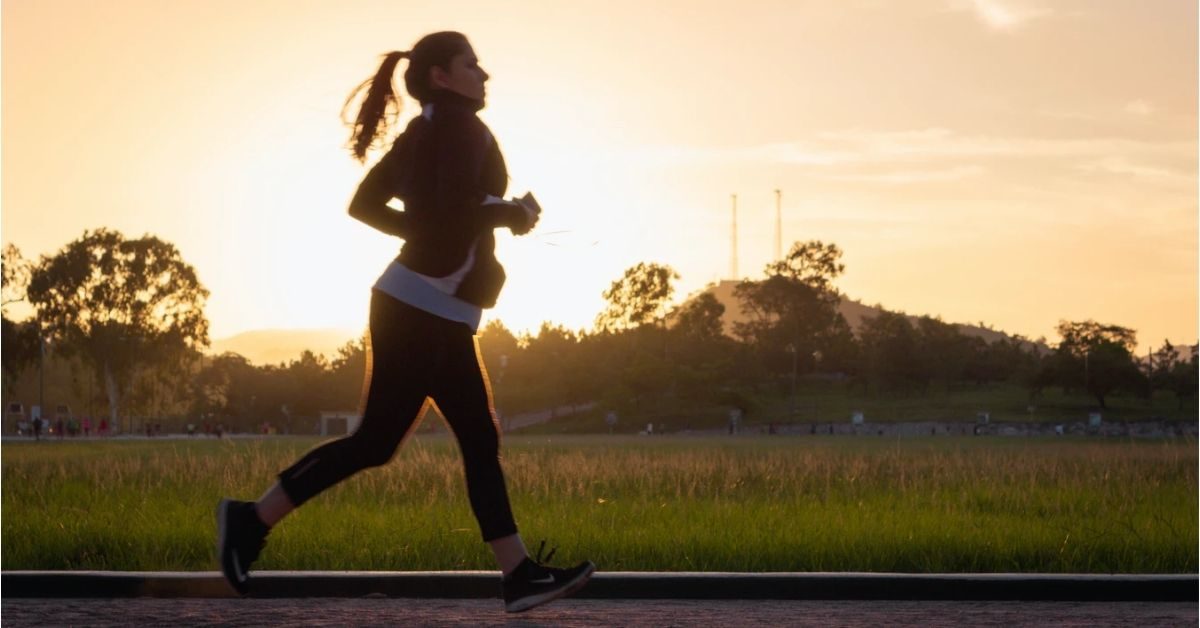
Previous studies show that exercise is a great way to treat insomnia symptoms in high-risk individuals.
Introducing exercise to your daily routine will aid sleep and alleviate mood swings that can trigger an episode of depression. Try to increase activity levels in the morning rather than exercising later at night or you’ll find it harder to drift off.
7. Try cognitive behavioral therapy
Studies have revealed that behavioral treatment for insomnia can help alleviate manic symptoms.
Cognitive behavioral therapy for insomnia in bipolar individuals is good for delaying hypomanic episodes, the less severe cousin of acute mania. The goal of treatment is to help control the behaviors around sleep to make it easier to relax and drift off at a regular time each night.
Conclusion
Bipolar and sleep often don’t go hand-in-hand. According to countless studies, people with this affective disorder experience more mood swings and manic episodes when they don’t sleep well.
Making good diet choices and exercising regularly can make a huge difference. Try to incorporate these lifestyle changes into your daily routine to improve sleep efficiency.
Winding down with the right sleep aids can be also very helpful to relax you before bedtime. Try popping some lavender oil in a smart aromatherapy diffuser to help you drift off calmly.

Welcome to Snoozerville! I’m Dr. Alex Hartley, your guide to the world of restful sleep. With a Ph.D. in Sleep Science and years of experience as a sleep therapist, I’ve dedicated my life to understanding and improving sleep quality. My passion lies in uncovering the mysteries of sleep and sharing practical, science-backed advice to help you achieve the best rest possible. Beyond my academic pursuits, I’m an advocate for mindfulness and relaxation techniques, which I incorporate into my daily routine. At Snoozerville, I aim to transform your nights, combining the latest research with easy-to-implement tips. Whether you’re a chronic insomniac or just looking to improve your sleep hygiene, join me on this journey towards peaceful, rejuvenating sleep.

